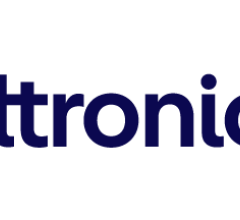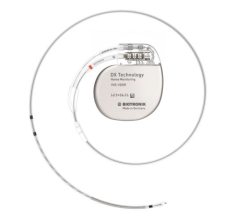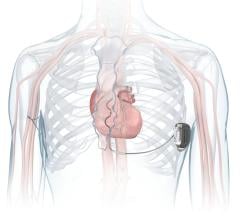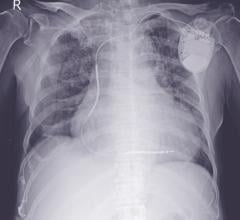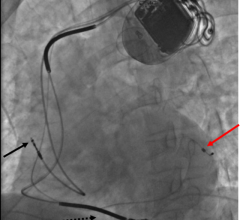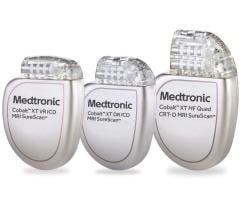
November 9, 2009 – Boston Scientific Corp. today announced the launch of its COGNIS cardiac resynchronization therapy defibrillator (CRT-D) and the TELIGEN implantable cardioverter defibrillator (ICD) in Japan.
These devices were approved by the Japanese Ministry of Health, Labor and Welfare (MHLW) in August and received reimbursement approval in September. COGNIS and TELIGEN are the result of a multiyear research and development effort to provide physicians enhanced clinical options for their patients.
“The significantly reduced size of these devices has been well received by physicians in the U.S. and Europe, resulting in more than 75,000 implants in less than two years,” said Ken Stein, M.D., associate chief medical officer, Boston Scientific CRM. “In the past, physicians often had to make trade-offs among device size, battery longevity and features when prescribing a high-energy device. These devices eliminate those trade-offs without compromising therapy options.”
Boston Scientific says the COGNIS CRT-D and TELIGEN ICD are the world’s smallest and thinnest high-energy devices at 32.5 cc and 31.5 cc respectively, while less than 10 mm thick. Both devices offer features based on substantial engineering advances, including extended battery longevity, self-correcting software and improved programming technology.
Both devices offer a redundant hardware system called SafetyCore, which provides life-saving shock therapy and basic pacing functionality in the unlikely event of a system error. The devices employ digital signal processing and are equipped with increased levels of digital memory, enabling more patient data to be captured and used by physicians.
Key features of the COGNIS CRT-D include:
• SmartDelay – quickly proposes programmable device settings, which enables physicians to tailor individualized pacing therapy for their patients.
• Bi-V Trigger – helps physicians manage heart failure patients with frequent atrial arrhythmias.
• Electronic Repositioning - provides physicians with six configurations for stimulating the left side of the heart even after implant, which may help avoid an additional surgical procedure.
Key features of the TELIGEN ICD include:
• Smallest and thinnest high-energy ICD device available in the world – the small size and physiological shape are designed with patient comfort in mind.
• Quick Convert – provides the ability for patients to receive pacing therapy for ventricular tachycardias.
• Reverse Mode Switch – provides physicians more options for minimizing right ventricular (RV) pacing.
For more information: www.bostonscientific.com


 January 13, 2026
January 13, 2026 

